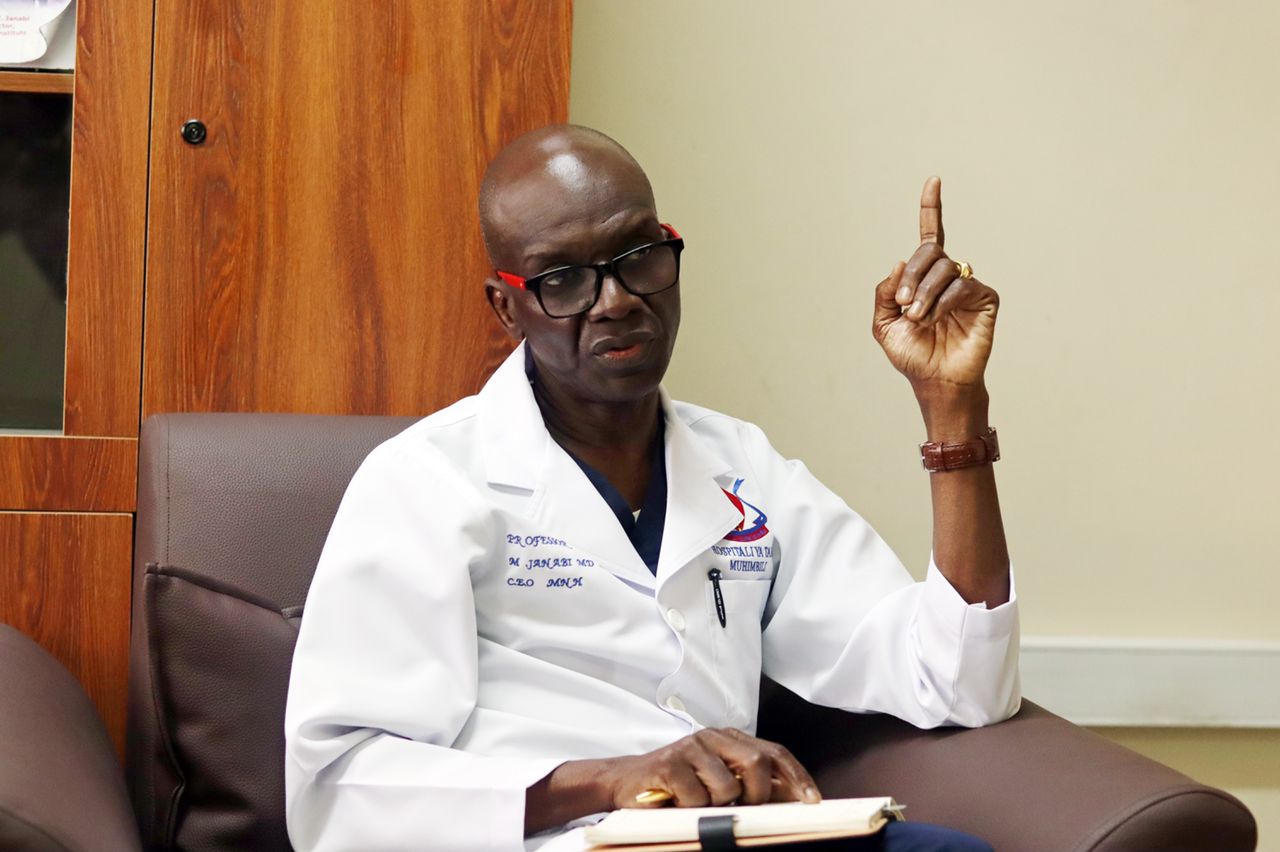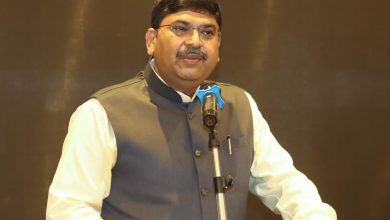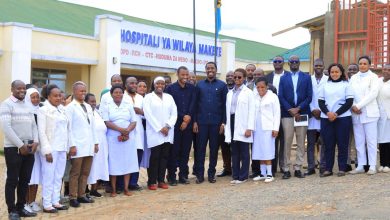Janabi’s bold plan to transformAfrica’s healthcare

DAR ES SALAAM: IN a race that could redefine healthcare in Africa, Prof. Mohamed Yakub Janabi has emerged as a frontrunner for the WHO Regional Director for Africa position.
With over 30 years of experience in medicine, health policy, and international collaboration, Janabi’s campaign has gained widespread attention for its ambitious yet practical roadmap to transform the continent’s healthcare systems.
A Tanzanian physician with a PhD in Cardiology from Osaka University, Janabi’s career has been defined by a commitment to public health.
From advising heads of state to leading life-saving interventions, his influence has been felt across multiple spheres of the medical landscape. Now, he aims to bring that expertise to WHO-AFRO, an institution he believes must undergo deep structural reforms to better serve African nations.
“Africa’s health challenges are unique, and our solutions must be homegrown,” Janabi said in his election manifesto. His policy platform emphasizes universal health coverage, emergency preparedness, and stronger regional cooperation. He has pledged to modernize WHO-AFRO’s operations by making the organization more accountable, efficient, and responsive to member states’ needs.
Janabi’s leadership in crisis response has earned him international recognition. He played a key role in Tanzania’s successful management of the Marburg virus outbreaks in 2023 and 2025, advocating for grassroots surveillance and cross-border collaboration. His experience in pandemic preparedness, particularly his work with the UN and Africa CDC, positions him as a candidate with both the vision and technical expertise needed for the role.
ALSO READ: Superspecialised healthcare at MOI saves 150bn/-
His campaign has also highlighted the economic benefits of investing in healthcare. Janabi argues that universal health coverage should be seen not as an expense but as an investment in Africa’s long-term prosperity. He points to his work in Tanzania, where targeted health investments have significantly reduced maternal mortality and increased access to specialized medical care.
His supporters see him as a unifier, someone who can bridge gaps between governments, international partners, and local communities. “Janabi understands both the science and the politics of healthcare,” said a senior Tanzanian health official. “That’s exactly what Africa needs right now.”
However, Janabi’s vision is not without challenges. Securing sustainable funding for WHO-AFRO programs remains a pressing concern, as the organization relies heavily on external donors. Janabi has proposed innovative financing mechanisms, including debt swaps and regional investment funds, to reduce dependence on foreign aid.
With WHO-AFRO elections on the horizon, Janabi’s campaign has gained momentum, drawing endorsements from African leaders and health experts alike. If elected, he promises a leadership style that is inclusive, action-oriented, and deeply committed to improving lives across the continent.
As the world watches, one question remains: will Africa’s leaders entrust Janabi with the task of steering the continent’s health future? His supporters believe the answer should be a resounding yes.





